Throughout the US, in many states, especially in the deep south, we see hard water. Treating hard water is an important requirement for safe water consumption practices. In order to be assured that the regular water that we consume is safe, we need to know more about the sizing requirements of a water softener.
In this article, we will discuss in broad length How to size a water softener? What size of water softener shall be the correct fit for our families?.
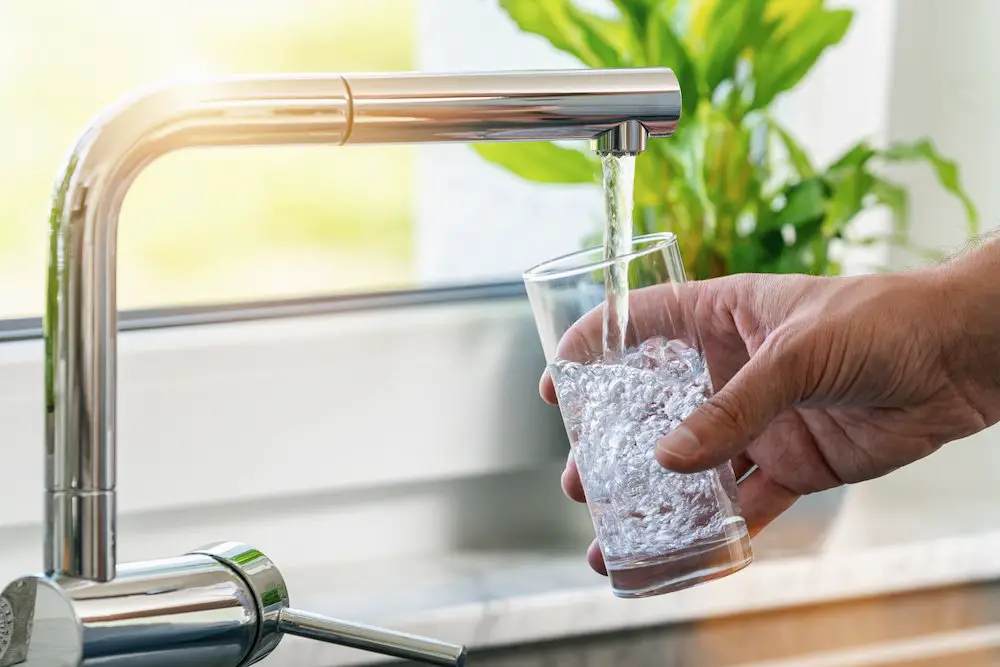
Factors to Consider While Buying A Water Softener for Home
Water softener comes in various sizes and you need to pick the right one for you. Many factors determine the choice of your water softener.
The most important factor shall be the ability of a water softener to clean grains which is nothing but a measurement of 65 milligrams of calcium carbonate. 65 mg acts here as the standard 1 grain of hardness. Grain hardness is usually expressed in GPG terms, which is also known as grain per gallon. It means how many grains does one gallon of water have?
Determine the Hardness Of the Water In Your Area
There are certain specifications that the department of water supply keeps in mind when determining the hardness:
- City water departments will have the water hardness data as per mg/l.
- To know about the hardness of the water you need to do a simple division of the value you found for mg/l and then divide it again by 17.1.
- Chances are you will get a 1 to 10 GPG conversion rate.
-
- 1-3 GPG is very hard. You don’t require a lot of softening here. Water is termed hard as per the quantity of calcium carbonated expressed in GPG (grains per gallon) terms. But as far as softening is concerned, the requirement will be low. Softening happens when exchange of hard mineral ions get swapped with sodium ions.
- If the GPG is between 7-10 then the water is categorized as extremely hard, here you do require extensive softening.
- Grains usually weigh 1/7000th of a pound.
How Much Water Do you Consume?
The softening requirement or the size of a softener is determined by the consumption levels of water on a per person basis. On an average a person from the United States, consumes 75 gallons of water per day. Sometimes that number can easily shoot up to 100 gallons.
Suppose, if you have 4 members in your family, and all of them consume 100 gallons daily. The total requirement shall be 400 gallons/day in your family. In simple terms, you need to soften 400 gallons of water. Grains per Gallon (GPG) of existing untreated water will determine your adequate softening requirement and also the water softening capacity. So, how much water you consume in the form of cooking, bathing and washing utensils determines the softening requirement.
Know your Softening Requirement
The softening requirement of untreated water for a family depends upon three major factors: How many gallons of water does your family use? What is the GPG rate of 1 gallon water? Third, knowing the exact number of grains and buying a suitable filter according to the values you discover.
- How many gallons of water do you use? For instance, if your family has only 4 members and each person uses 100 gallons/day then the requirement shall be for all, 400 gallons per day.
- Now determine the grains count clearance on the water softener. Simply multiply that with the total number of gallons. Suppose, if your water has 10 grains per gallon, and your requirement is 400 gallons. You need to clear 4000 grains/day. You would need a softener that can clean 4000 grains/day.
Regeneration Frequency of Resins
Resins are actually the element that softens the water. Resin Tank comprises a resin bed where an untreated water filled with calcium and magnesium goes through an ion exchange process. Here ions of calcium and magnesium are exchanged for softer minerals like sodium and potassium ions. So, the efficiency of any exchange that takes place depends on How long the resin bed lasts in terms of its ability to have sodium ions?
As the sodium ions count will determine if there is any exchange that is happening while untreated water falls in the resin bed. You just need to check whether the regeneration is happening every 3 days or taking as long as one week. Now there are a couple of ways to check it:
- Try to get a reading on your water hardness through a water measurement kit.
- You can also experiment with taste as unsoftened water has ions of calcium carbonate. That makes the water salty.
If you notice any of the symptoms, then on the next day keep the resin tank clean. Let the ions of sodium from the water softener salts develop. Then proceed to soften water the next day. The days taken to regenerate these sodium ions can be 1-2 days. But mostly as far as standard calculations are concerned, we usually prefer using the one week timeframe of softener use and then halt it for the process of regeneration.
If your requirement is to clean 4000 grains per day in order to soften your water. In a week’s time frame the requirement in total terms will be 28,000. And if a softener does the regeneration process in a week’s time then after 4000 grains, the resins will go through the regeneration cycle.The average regeneration of a resin bed happens after cleaning of 28,000 grains. But in general terms, the regeneration of resin beds takes place between 25,000-30,000.
Water Softener Needs for Different Sizes of Families
Here are the answers for the size of water softener required for different sizes of families:
Sizing Assessments of Water Softener #Summary
There have been some common findings of the Water Softener sizing and there will be a list below that takes into account the average numbers:
| Grains per Gallon | For 2 people Family | For 4 people Family | For 6 people Family | For 8 people Family | Softener Resin Size |
| 5-10 GPG | 32000 grain | 32000 grain | 32000 grain | 40000 grain | 1.5-2.0 cubic feet |
| 11-20 GPG | 32000 grain | 32000 grain | 40000 grain | 48000 grain | 1.5-3.0 cubic feet |
| 21-30 GPG | 32000 grain | 40000 grain | 64000 grain | 80000 grain | 1.5-4.0 cubic feet |
| 31-40 GPG | 40000 grain | 64000 grain | 64000 grain | 96000 grain | 2.0 cubic feet-above 4.0 cubic feet |
| 41-50 GPG | 64000 grain | 80000 grain | 96000 grain | 110000 grain | 3.0 cubic feet-above 4.0 cubic feet |
| 51-75 GPG | 64000 grain | 80000 grain | 96000 grain | 110000 grain | 3.0 cubic feet-above 4.0 cubic feet |
| 75-100 GPG | 80000 grain | 96000 grain | 110000 grain | 110000 grain | Above 4.0 cubic feet |
48000 vs 64000 Grain Water Softener
48,000 and 64000 water softener models are taking the market by storm. Here is how they stand against each other:
| 48000 softener | 64000 softener |
| Primarily used for families of 8 if the GPG count is between 11-20. | Used in a family of 4 where the GPG counts stands at 21-30 GPG |
| For smaller family use the GPG count shall elevate to 31-40 GPG | In a smaller family of 2, the GPG count shall lie between 41-75 GPG |
| The resin size shall be between 2.0-3.0 cubic feet | The resin size shall be between 3.0-4.0 cubic feet |
| It is often used by small families with high grain hard water | It is often used by large families with high grain water |
Final Say on Sizing Requirements on Water Softener
This article deals with the sizing requirements of water softeners as per family members. A very easy calculation method can be done to determine the number. Sizing of softeners is usually done in grains, hence, you can either choose 48,000 grain softeners or 64000 grain softeners. It discusses in proper detail, the sizing of water softeners for families and also how do we go on sizing the water softeners?

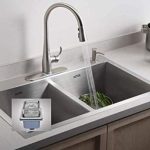
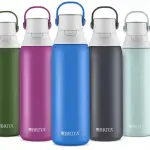
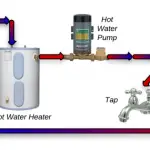
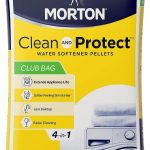






Add Comment